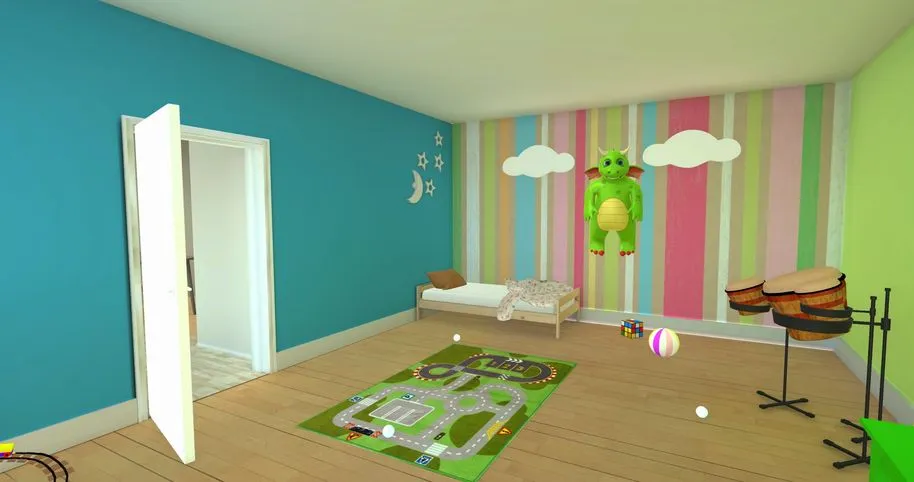VR Game Helps Identify ADHD

The scientists used virtual reality games, eye tracking and machine learning to show that differences in eye movements could be used to detect ADHD, potentially creating a more accurate diagnosis tool. The approach can be used as a basis for the treatment of ADHD and, with some modifications, for the evaluation of other conditions such as autism.
Because ADHD is a heterogeneous condition, it can currently only be diagnosed through an often idiosyncratic set of behavioral and psychiatric assessments. The new study builds on several recent technological advances and presents a VR system that allows the condition to be objectively diagnosed. The system is based on the previously developed EPELI VR game.


“The game provides a list of tasks that mimic everyday life, like brushing your teeth and eating a banana,” explained Topi Shiro, one of the developers behind EPELI. “The player must memorize tasks despite environmental distractions such as the TV being on. The game measures everything: how much the child presses the controls and how efficiently they complete the tasks”.



